Prioritizing Mental Health: A Comprehensive Guide for First Responders
Prioritizing Mental Health: A Comprehensive Guide for First Responders
Life as a first responder is a noble and rewarding calling, but it comes with its own set of challenges. Regular exposure to traumatic events and life-threatening situations not only makes the job physically demanding but also takes a toll on mental health.
In this blog post, we delve into the critical issue of mental health support for first responders, highlighting the urgency, statistics, and comprehensive strategies to create a culture of acceptance and support.
Statistics and Urgency:
Recent reports, such as the 2018 Ruderman Family Foundation study, shed light on the heightened levels of depression, post-traumatic stress disorder (PTSD), and suicidal thoughts among emergency medical services (EMS) professionals, firefighters, and law enforcement officers. Shockingly, in 2019 alone, there were 252 reported suicides by first responders in the U.S. This alarming statistic emphasizes the urgent need to address mental health in this community.
Education on Mental Health Services:
Whether you're a first responder or someone working closely with them, understanding mental health services is crucial. The stigma surrounding mental health care in this field necessitates education and awareness to break down barriers and encourage seeking help.
Seeking Counseling:
Routine sessions with mental health professionals, especially those experienced in working with first responders, can be transformative. Overcoming the stigma associated with seeking mental health care is a collective responsibility that requires support from colleagues and employers.
Employer Strategies:
Despite the high prevalence of mental health challenges among first responders, a stigma remains, hindering many from seeking help. Employers can play a pivotal role in creating a supportive environment. Strategies outlined by Kaiser Permanente include examining shift schedules, investing in mental health awareness, and fostering a culture of acceptance and support.
First Responder Mental Health Action Plan:
Acknowledging the increased risk of mental health issues, we present a comprehensive action plan for first responders. Trauma-informed coping strategies encompass setting boundaries, scheduling regular activities, limiting social media exposure, considering nutrition, engaging in enjoyable activities, talking to someone, finding healthy distractions, and practicing mindfulness.
Support Techniques:
Recognizing signs of distress, providing a listening ear without necessarily offering solutions, and encouraging professional help are crucial techniques for supporting first responders. Early intervention is key to addressing mental health issues effectively.
In conclusion, prioritizing mental health is not just an individual responsibility but a collective effort. This comprehensive guide aims to raise awareness, break down stigmas, and provide tangible strategies to support the mental health of our first responders. Together, let's create an environment where seeking help is encouraged, and mental well-being is a top priority in the noble profession of first responders.

